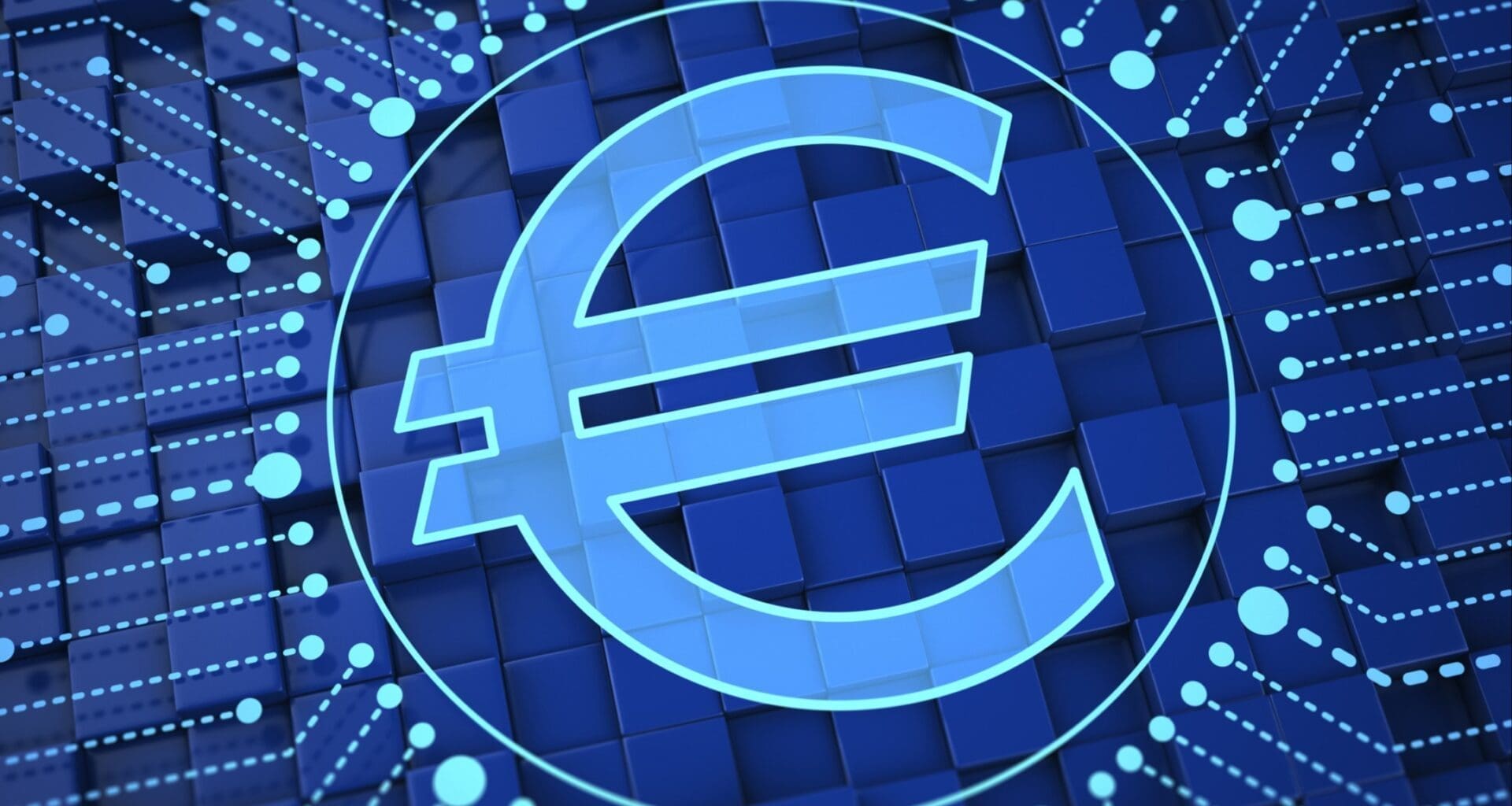Avrupa Finansal İstikrar, Finansal Hizmetler ve Sermaye Piyasaları Birimi Komiseri Mairead McGuinness, dijital euro adımları için 2024 Haziran Avrupa Parlamentosu seçimlerinden sonra acele etmeden ilerlemenin gerekli olduğunu düşünüyor. Avrupa Birliği’nin merkez bankası dijital para birimi (CBDC) projesine yeni seçilecek olan parlamento tarafından onaylanacak olan bir sonraki Avrupa Komitesi tarafından “sessizce ve yavaşça” yaklaşılması en doğru yaklaşım.
Dijital euro, Avrupa Merkez Bankası (ECB) tarafından önemli bir adım olarak görülmektedir. Ekim ayında bu projenin kaderi belirlenecek olsa da, Mairead McGuinness’ın vurguladığı gibi, bu kararın öncesinde bazı önemli soruların cevaplanması gerekiyor.
McGuinness, nakit kullanımının giderek azaldığına dikkat çekiyor. Günümüzde birçok insan alışverişlerini kartlar veya dijital ödeme yöntemleri ile yapıyor. Nakit paranın yerini dijital ödemeler alıyor. Ancak, merkez bankası tarafından kontrol edilen bir dijital para birimine ne kadar ihtiyaç duyuyoruz? Bu soru, dijital euro projesinin geliştirilmesi gerekliliğini gündeme getiriyor.
Dijital Euro’nun Avantajları
Dijital euro, bir dizi avantaja sahip olabilir. Öncelikle, hızlı ve güvenli bir ödeme yöntemi sunabilir. Ayrıca, bu dijital para birimi ile finansal işlemler daha şeffaf hale gelebilir. Kişisel verilerin korunması ve gizliliğin sağlanması da önemli bir konu olacaktır.
Haziran ayında, Avrupa Komisyonu dijital euro için yasal bir plan önerdi. Bu plan, ücretsiz temel dijital euro hizmetleri sunmayı, gizliliği korumayı ve çevrimdışı ödemeleri mümkün kılmayı amaçlıyor. Ancak, bu değişikliklerin finans sektörünü nasıl etkileyeceği hala net değil.
Avrupa Merkez Bankası’nın Rolü
ECB yürütme kurulu üyesi Fabio Panetta, Avrupa CBDC’sini “para egemenliğini koruma için yeni bir paradigma” olarak desteklediğini açıkça ifade etti. ECB, dijital euro projesinin araştırma aşamasını Ekim 2023’te tamamlamayı planlıyor. Bundan sonra ileri geliştirme ve teknik çözüm testine devam edecektir.
2024 Avrupa Parlamentosu seçimi 6-9 Haziran 2024 tarihlerinde yapılması planlanlanıyor. AB prosedürlerine göre, yeni seçilen parlamento daha sonra Avrupa Konseyi tarafından önerilen Avrupa Komitesi başkanını ve diğer üyelerini onaylayacak veya reddedecek. Bu, dijital euro’nun geleceğini etkileyecek kritik bir karar olabilir.








